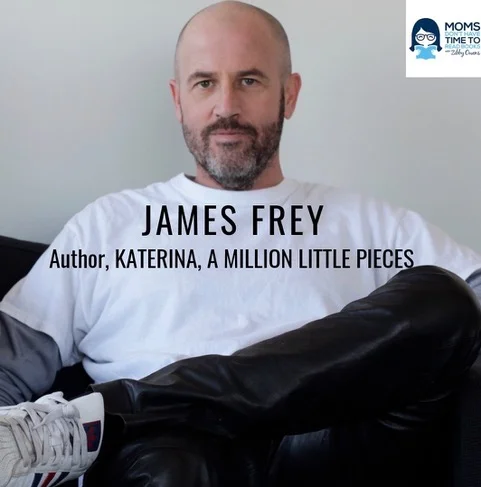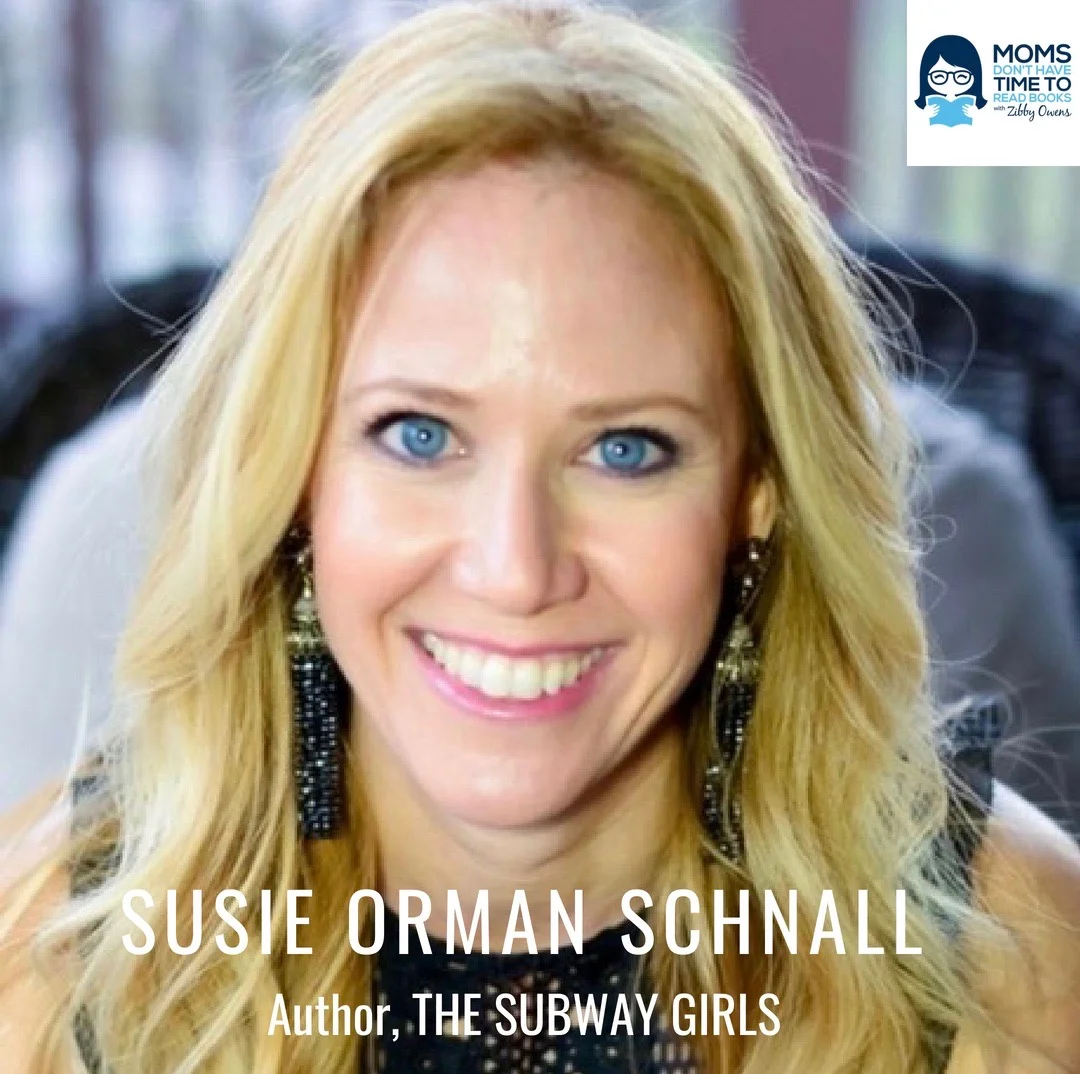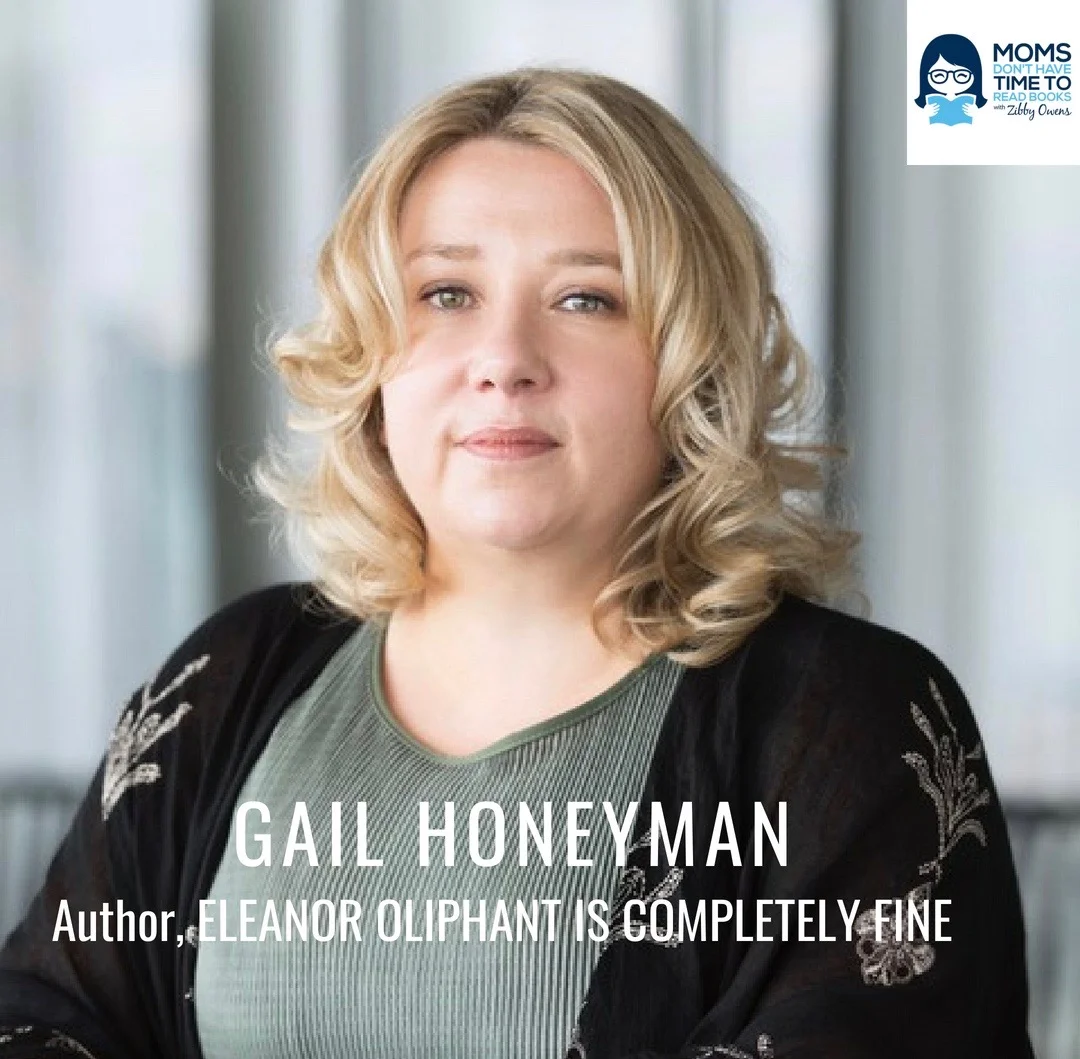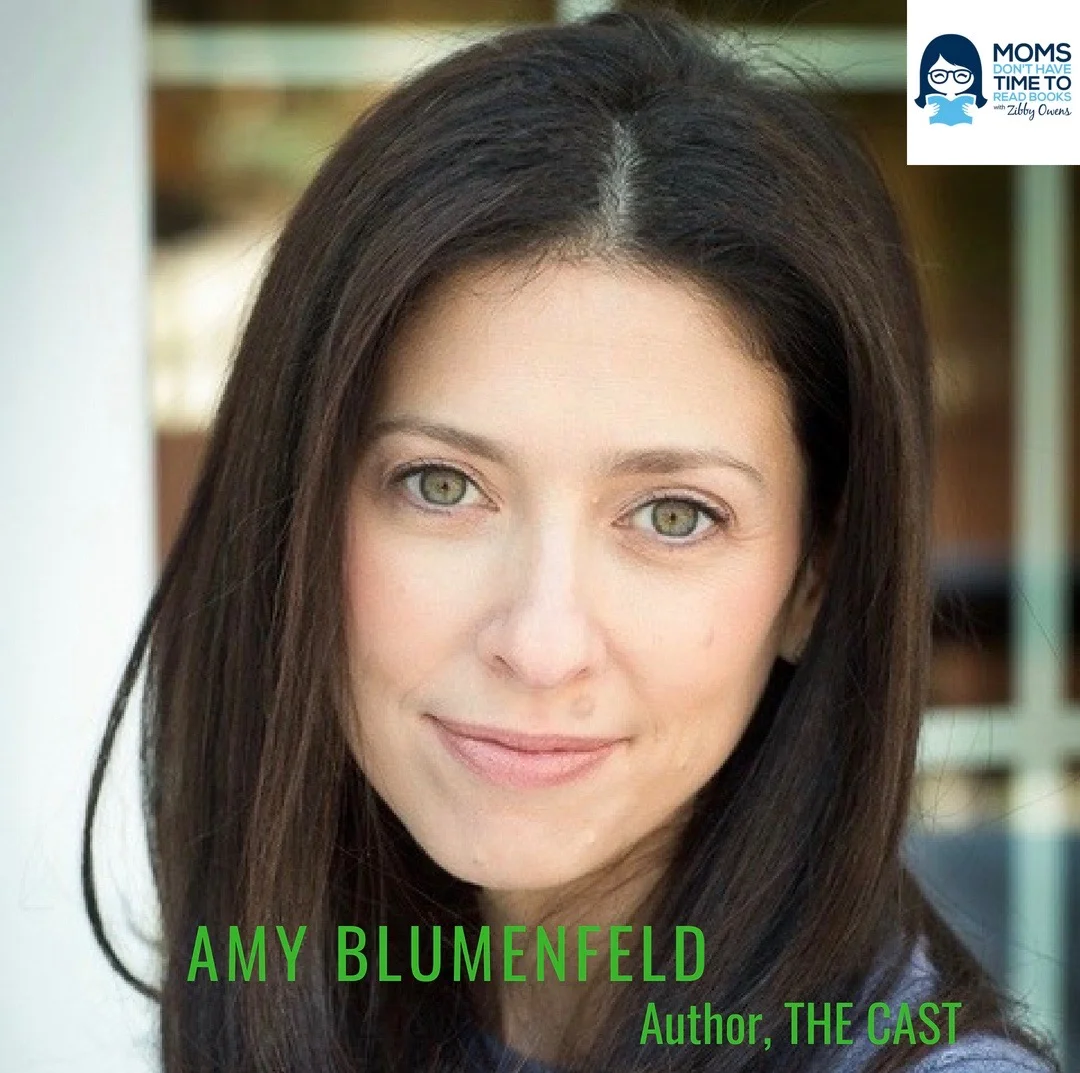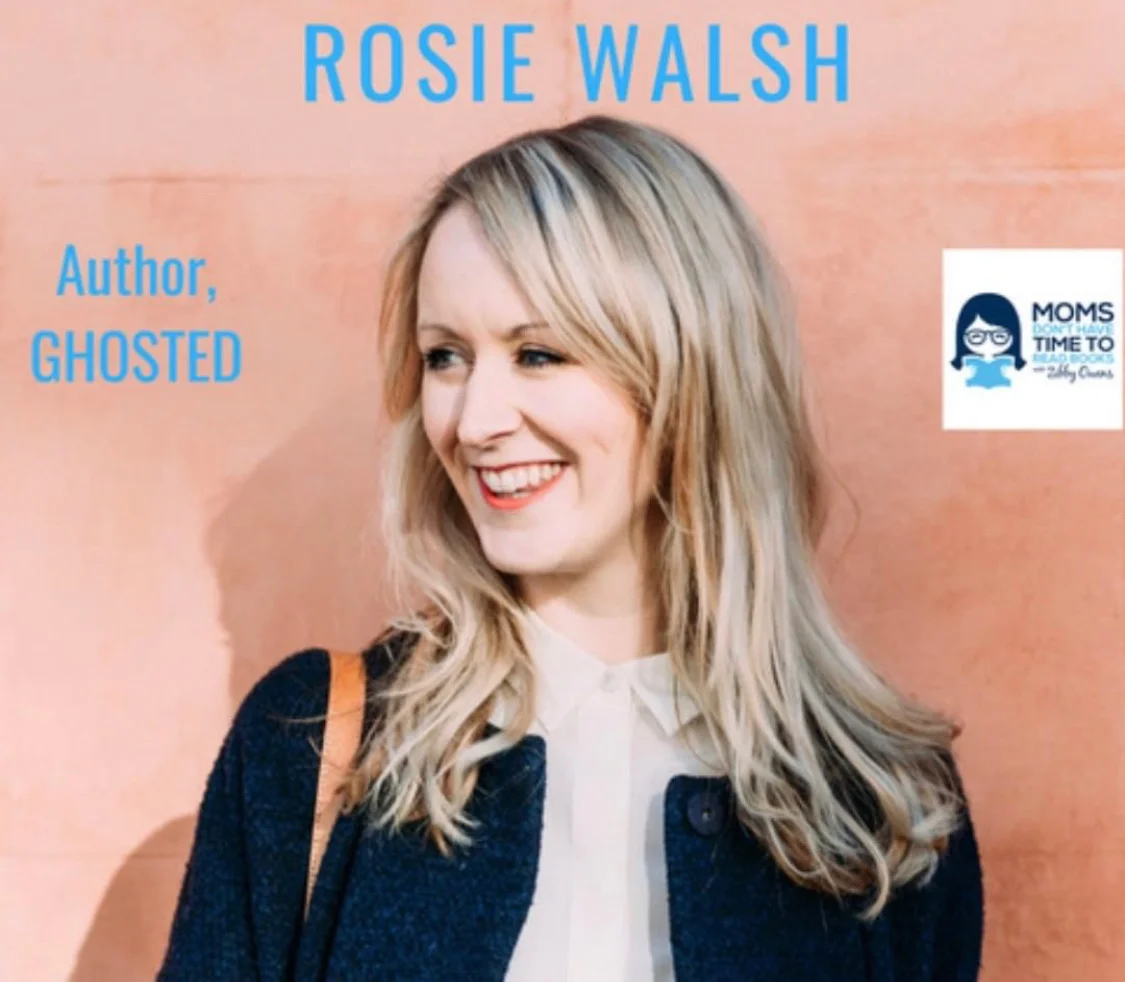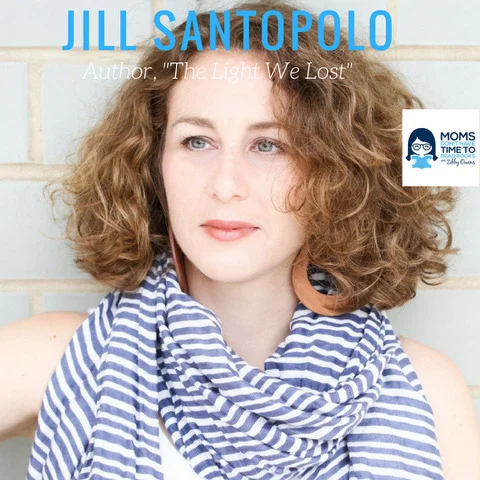Camille Pagan, I'M FINE AND NEITHER ARE YOU
Camille: It’s going to happen. You're going to get older. You're going to look different. You might feel a little different. Staying connected to your purpose, for me at least, that's been really meaningful, to understand why I'm here and what I'm trying to do. That keeps you away from the mirror and the obsession that's so easy. You start seeing wrinkles. Everything's not holding up the same way. It’s a rabbit hole if you're not careful.
Susan Conley, ELSEY COME HOME
Falguni Kothari, THE OBJECT OF YOUR AFFECTIONS
Falguni: . I didn't want the typical love trope, two women fighting over a man. That's so done. That's a trope that I don't really like. One of the things that happened was that I know a couple of women who have chosen to have a child through surrogacy. I was speaking to them. I was fascinated by how they came to that point where they needed to have a child through a surrogate. Plus, I have a lot of family in India. It’s actually very common over there for sisters-in-law to have a child for someone who cannot.
Kathy Wang, Family Trust
Kathy: It’s funny because I after I finished the book, you forget a lot about how much work it is. When I go back and read the entries from when I was writing it, I felt like a failure a lot of the time. I felt like the book was failing, that I was failing, that things weren’t working out, that there are these huge plot holes that I was not going to be able to figure out. My advice would be that when you're writing your book, you're going to feel that level of failure, and that the project can't be completed, and that there's no way that this is going to be publishable.
Delia Owens, WHERE THE CRAWDADS SING
Delia: I've written poetry all my life. I'm not saying I'm good at it at all. Words just come to my mind a lot. I feel a lot when I write poetry. I feel that the words themselves can be so inspiring to readers. Most people who love good prose and literature, even if they don't have time or the inclination to read poetry, when they do read a verse, they feel a lot. That was the number one thing I wanted about this book. I wanted people to feel. Poetry makes you feel. You can get your thoughts into a few words. You can do it in a way that it’s like putting a drug straight into your bloodstream. You have to read a whole novel sometimes to feel certain things and get the point. A poem can say so much in a few words. That's a reason it’s so powerful.
Jennifer Miller & Jason Feifer, MR. NICE GUY
Natasha Solomons, House of Gold
Natasha: I wanted the gardens of the Goldbaums to be an expression of character. Initially in the ghetto, the Jewish children were banned from the city parks. Jews weren’t allowed to have gardens. The first thing the Goldbaums do when they have money is they want to create these amazing gardens for their chateaus and their castles.
Min Jin Lee, Pachinko
Sen. Kirsten Gillibrand, BOLD & BRAVE: Ten Heroes Who Won the Right to Vote
Sen. Gillibrand: I make it up as I go along. Every year I make different refinements on what is necessary to keep me whole this year. Life changes. Your kids change. They get older. You've got to meet their needs in a different way. Every era of being a parent is different. I now have a teenager. Theo is fourteen in high school. It’s very different. Henry’s ten. He's in fifth grade. He's just entering middle school with all those challenges. My kids need different things from me. I try to really meet them where they are and be the best mom I can be.
Jo Piazza, Charlotte Walsh Likes to Win
Jo: I don't think that book clubs are going anywhere. Hopefully books aren’t going anywhere because I have no other skills. I am seeing an uptick in the podcast club. I kind of love it. An episode of a podcast, they make you think the same way that books do. They're a little bit more assessible, especially for busy moms, than sitting down and reading an entire book. I'm all for it, especially if people wanted to listen to “Committed” and then go talk about it.
Molly Flatt, The Charmed Life of Alex Moore
Georgia Clark, The Bucket List
Georgia Clark is the author of THE BUCKET LIST and several other novels. She started Generation Women, a multi-generational speaking event, which she invited me to! Here’s my video.
Georgia: Everyone has good ideas. You take the ideas that work and all that kind of stuff. It’s been funny how I've sort of come full circle over my career now from trying to get into screenwriting in my twenties, taking a left and becoming a novelist, and now maybe I'm getting back into it. I hope so. I hope we get on the air. Cross your fingers for me.
Jeff Norton, ALIENATED: GROUNDED AT GROOM LAKE
James Frey, KATERINA
Susie Orman Schnall, THE SUBWAY GIRLS
Susie: I underestimate older women sometimes. I'm always interested when I meet an older woman to really talk to her and find out her story. I do this a lot now. I love going out with friends and their moms or their grandmas. I love hearing their stories and what was interesting to them at the time, what the obstacles were, what the challenges were for them, and what their views and ambitions were. I really was able to absorb that and use that information for this book by reading Amy and Fiona’s book Meet Miss Subways, which gives the history.
Gail Honeyman, ELEANOR OLIPHANT IS COMPLETELY FINE
Gail: It’s interesting to think about solitude and loneliness as two different things. Eleanor’s inclination is a solitary person. Solitude is something that people choose and enjoy. Lots of people like spending some time on their own and find that energizing and enjoyable. Loneliness is not something that you choose. It’s something that's imposed upon you.
Amy Blumenfeld, THE CAST
Amy: I knew that there was a story here about adult survivors of childhood cancer and the challenges that they all go through. I spent the next few months interviewing childhood cancer survivors, their families and loved ones, doctors, social workers. It was fascinating. There really is this ripple effect that affects not just the patients, but their families and their friends.
Rosie Walsh, GHOSTED
Rosie: Despite having written the novel I've written, I would always recommend walking away with your head held high. Ninety-nine percent of the time people are ghosted because the object of their desire, affection, whatever, has been too cowardly, too rude, too ill-mannered to go through the messiness of ending a new relationship. It’s abhorrent that that happens, but it does all of the time because people are lazy and rude and selfish.
Jill Santopolo, THE LIGHT WE LOST, MORE THAN WORDS
I'm super excited today to be welcoming Jill Santopolo on "Moms Don't Have Time to Read Books.” National and international bestselling author Jill Santopolo got her start writing at the age of three with a picture book about Stacey the cat. Since then she has become a writer, editor, teacher, and consummate storyteller. Jill majored in English at Columbia, received an MFA at Vermont College, and even attended NYU to learn about intellectual property rights. She currently edits for the Young Readers Division at Philomel Books, an imprint of Penguin Young Readers Group. She's also an educator and has been a thesis advisor at The New School and taught at Columbia and McDaniel College. Jill is the author of the Alec Flint, Sparkle Spa, and Follow Your Heart book series in addition to being the author of The Light We Lost, the amazing bestseller that has been translated into more than thirty languages which we’re going to talk mostly about today.














